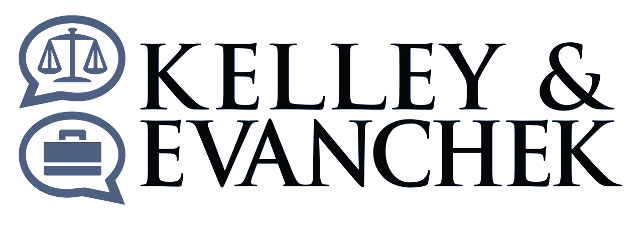Probate Step by Step
Probating an estate in Michigan can involve numerous steps and paperwork. Most of this is handled by the Personal Representative – either someone named in the decedent’s will or appointed by the Probate Court.
When someone dies with property in their name, either Informal Probate or Formal Probate can be filed. The first step in this process is filing one of two different applications;
- Application for Informal Probate
- Petition for Formal or Supervised Probate
Informal Probate is generally the least complicated, least expensive, and most frequently filed.
Interested Parties and Beneficiaries
If a will was left, anyone named by the decedent in the will is considered an Interested Party, in addition to heirs not named in the will. Interested parties must be given notice when the filing of the estate begins.
There is a $150 filing fee to open the estate, and an additional $11 charge for each Letter of Authority, which is given to the Personal Representative. Letters of Authority give legal authority to probate the estate.
Creditor’s Claim Notice
Once the Letter of Authority has been issued, a Creditor’s Claim Notice must be published in the newspaper. This offers notice to creditors that the estate has been opened, and they can make a claim to retrieve debt from the estate.
An actual notice of the opening of the estate must be sent from the Personal Representative to any known creditors. Creditors have up to four months from the date of publication of the Creditor’s Claim Notice to make a claim.
Estate Checking Account
In most estate cases, the Personal Representative opens up an estate checking account, and all remaining assets of the estate are to be liquidated into that account.
In addition, the Personal Representative must submit an inventory of all the decedent’s probate assets within 91 days of their appointment. An Inventory Fee based on percentage of the value of the assets is to be paid at this time.
A notice must be sent to the Friend of the Court, identifying the interested parties and the administration of the estate.
Closing the Estate
A final income tax return must be filed for the decedent, in addition to an estate income tax return if the estate earns more than $600 in a year.
Once all probate assets have been liquidated, the Personal Representative must provide a Final Account to the beneficiaries of the estate. This is usually submitted with the Closing Statement for the estate.
For additional information on probating an estate, or to speak with one of skilled and experienced estate lawyers, contact us online or call today at (734) 397-4540
